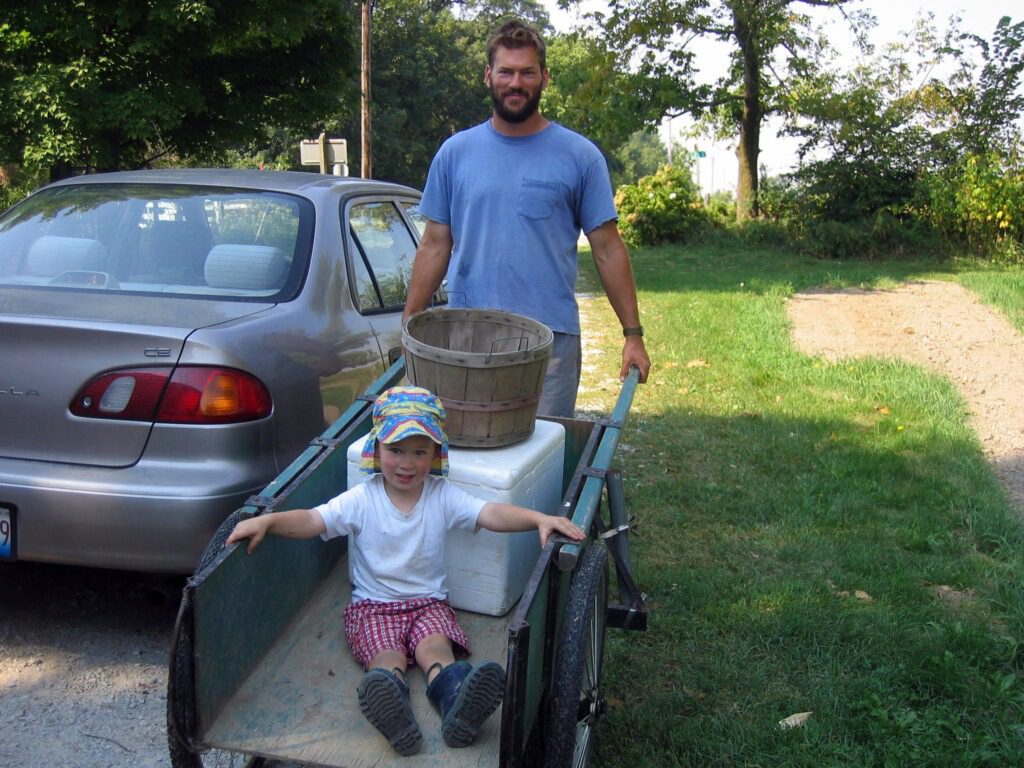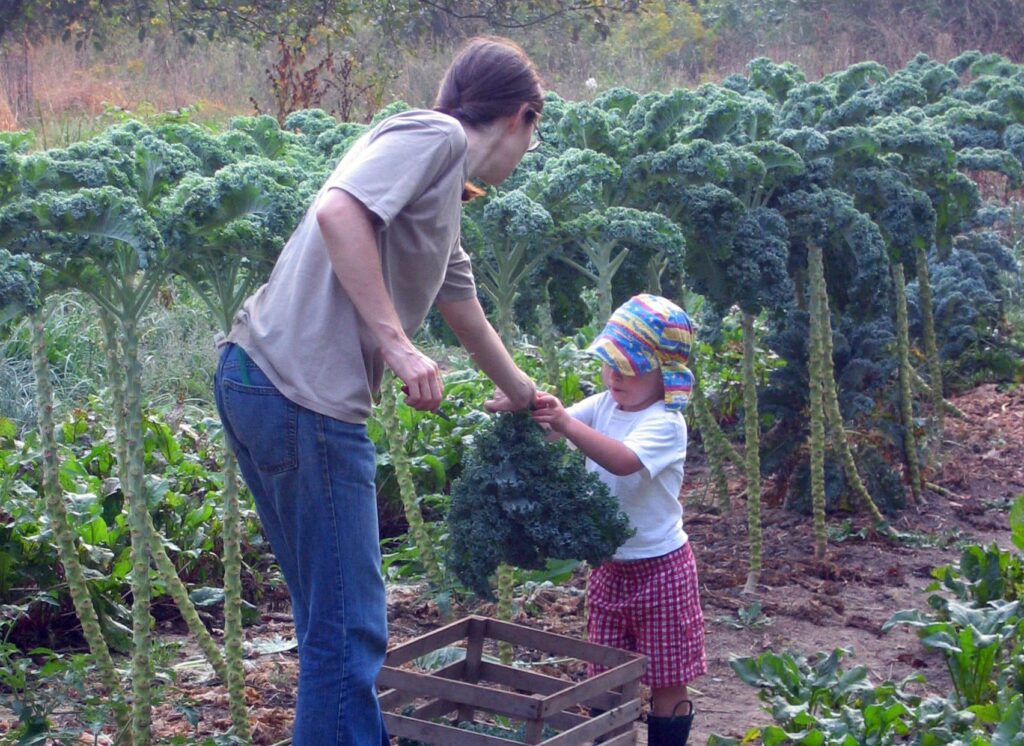In a recent conversation with Jacob Grace, we discussed how the book The Artist’s Way by Julia Cameron can help support agroforestry.
This book is based on daily journaling, which is a deceptively simple yet powerful activity. Writing your thoughts down on three pages of a journal every morning helps you organize your thinking and get in touch with your authentic self. Writing creates a flow and it draws ideas out of you. This includes ideas that most resonate with you, the ones that capture your attention are clues to help you discern what you really care about at a deep level. You eventually gain a measure of competency with writing and that opens up a channel for creativity to flow through. This is innate and natural. We just need to slow down, shrink our egos, and get out of the way.
You do not have to think of yourself as an artist, a creative person, or a writer to start journaling. You just have to be curious and willing to explore a process that has worked for many people that thought they were not suited to it.

Humans are inherently creative. We would not be here if our ancestors did not find creative solutions to complex problems. Embracing our creativity helps us realize our full potential. One of the primary challenges that we face is connecting with our authentic selves and being the architect of our life. We learn from an early age that most adults want kids to be obedient, quiet, not too disruptive, or maybe just a little disruptive when it is convenient. This sets us down a path.
If you pursue the artist’s way, you will experience resistance. Many, perhaps most people in their twenties and thirties will not be able to engage in this process. That is okay. Revisit it in your forties and your constitution may have shifted enough to allow you to engage. We all have our coping mechanisms, our armor that protects us from harm. This armor also closes us off from the world, from relationships, and from our potential.
The artist’s way shows us how to embrace a way of being that can help people overcome limiting beliefs. We all tell ourselves limiting stories and we listen to the negative voice in our heads.
What if we stopped listening to that voice and asked ourselves proactive and provocative questions? Like: What am I capable of? How can I develop complete integrity with who I am at my core?
These are very useful questions that prompt us to explore our potential. What if every person working in agroforestry was fully empowered to realize their highest ideals and ambitions? What if these people joined together in collective action? 50 people working together can accomplish more than 500 working alone.

My experience of asking myself what I am capable of has been a lesson in humility and the power of intention. I was painfully shy and insecure as a young person and sought refuge in nature. That is where I felt the most comfortable. I was labeled as a quiet introvert by an extroverted culture. I have come to see that another way to describe myself is as a sensitive and curious person. These labels have a profound effect on how we see ourselves, the way we think, and subsequently what we are capable of doing.
My life has consisted of me learning to overcome a series of self-imposed barriers after much toil and turmoil. The latest manifestation of me exploring my potential is a Substack newsletter I started called Easy by Nature where I write about birds, conservation, wellness, and ways people can connect with nature in their yards. I did not think of myself as a writer or a creative for most of my life. I was wrong. I am deeply empowered and energized by writing. The ideas and words flow out of me onto the page in a torrent. I have become open enough to channel the muse to a certain extent. Everyone can do this. When I started writing in a journal I could barely fill a page.
The challenge of self expression is part of the human condition. Homer mentions this in the Odyssey, when he says. “Sing in me, Muse, and through me tell the story… tell us in our time, lift the great song again…”
Many of us are limited by the belief that we have failed in some way. We often think we failed to achieve our dreams. This happened to me when I had to quit farming after seven years of running my own organic vegetable farm. I did not make money farming, but I did raise two amazing kids while farming. I also helped to support the development of many idealistic young people that were shaped by their time working with me.
It is important for us to realize that we are operating within a food system that is designed to make us fail. This is the same system that has nearly destroyed rural America and agrarian and indigenous cultures around the world.
As we build a widespread movement in support of agroforestry we need to find a way for many people to operate within a system that makes success a logical and intentional outcome of the system. That is what will help agroforestry to grow. In order to do this we all must embrace our inherent creativity to find a new path forward.

